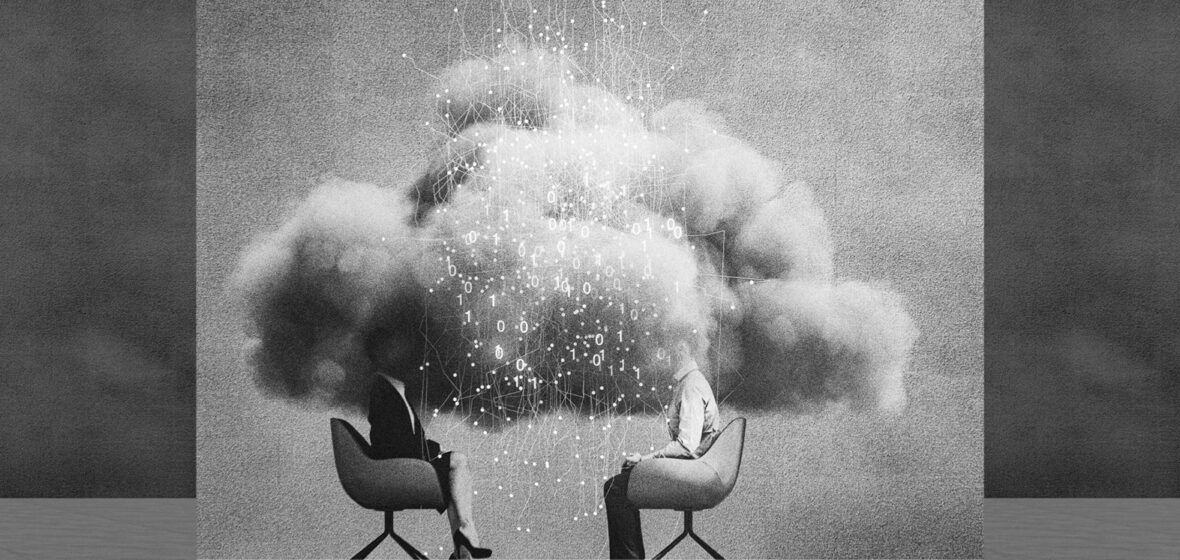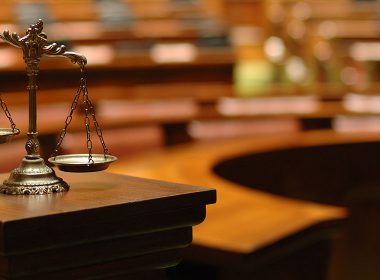Snapshot
- There is no rule of evidence requiring witnesses to recount conversations in direct speech.
- Witnesses should not give evidence of conversations in direct speech unless they are recalling the precise words used.
- Witnesses should be precise about their recollection of a conversation and avoid making conclusory assertions about their impression of the conversation.
- Objective evidence is valuable in corroborating a witness’s version of a conversation.
In the recent decision of Kane’s Hire Pty Ltd v Anderson Aviation Australia Pty Ltd [2023] FCA 381 (‘Kane’s Hire’), Jackman J warned that expressing a witness’s imperfect recollection of a conversation entirely in direct speech in an affidavit was ‘logically, ethically and grammatically wrong’ (at [127]). This article examines the law of evidence concerning conversations and practical considerations when drafting evidence of conversations in affidavits.
It is common for parties in litigation to lead evidence from witnesses in affidavits of conversations about key events. Conversations add context to documents and events. Occasionally (though not ideal), the conversations may be the only direct evidence on an issue in dispute, such as in a case concerning an oral contract or involving an oral misrepresentation.
By convention, lawyers have drafted conversation evidence in affidavits in the form of direct speech but using a qualifier to indicate that the witness is recalling only the effect of the conversation (e.g. ‘I said words to the following effect’). The qualification is a tacit recognition by the witness that he or she does not remember the exact words used but is reconstructing a conversation based on the witness’s recollection.




